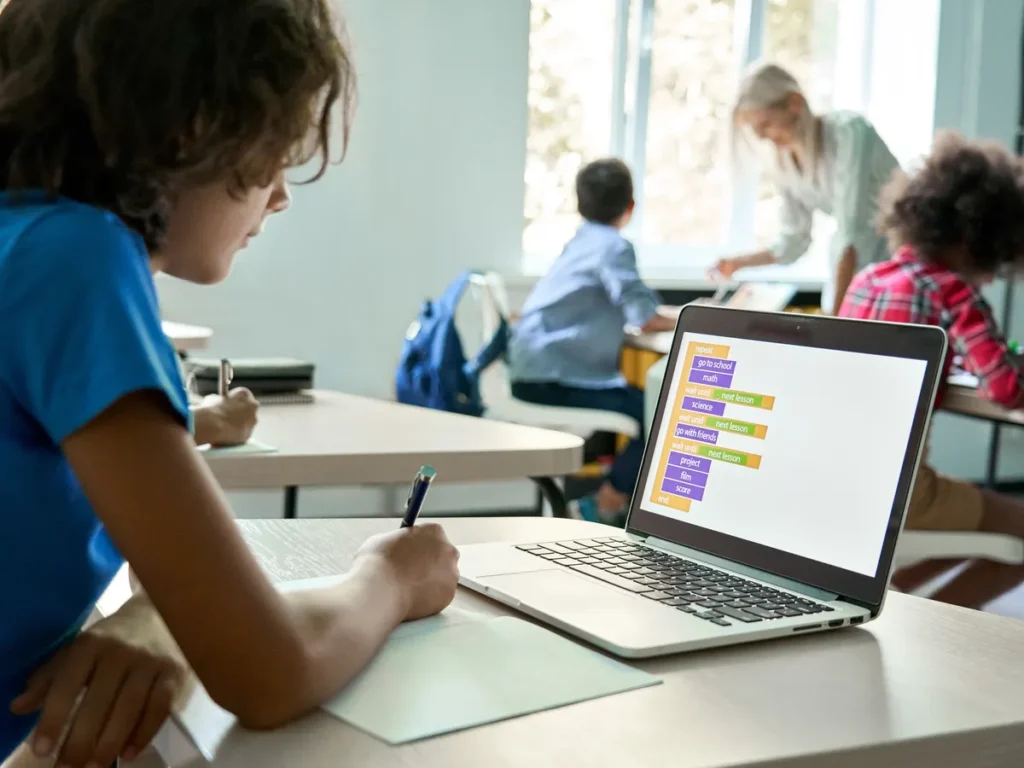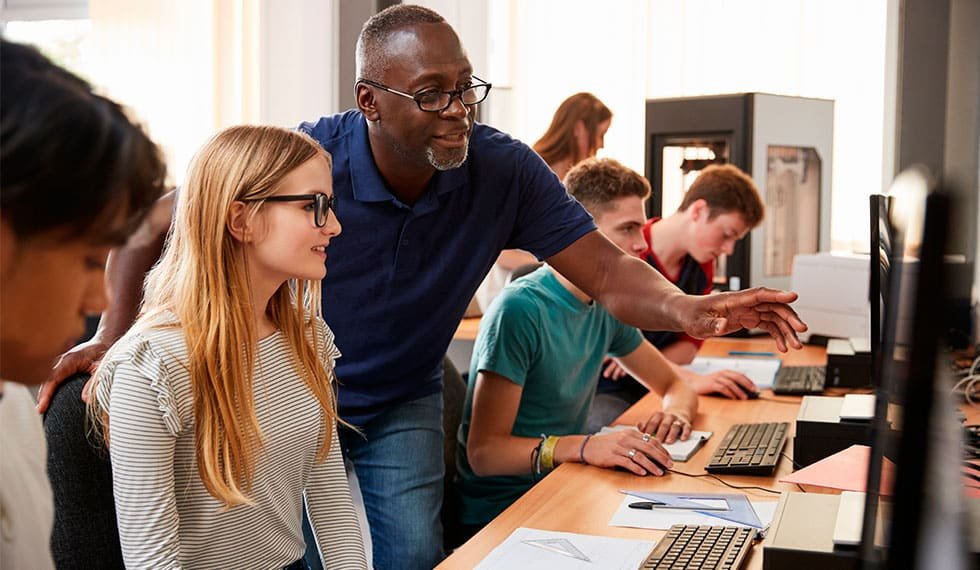A new global survey by Futuresource Consulting has revealed that while teachers widely embrace educational technology (EdTech) as a powerful tool for learning, they remain cautious about its side effects, particularly excessive screen time. The findings highlight both the opportunities and the challenges of integrating digital learning into classrooms worldwide, including in Nigeria, where the conversation around EdTech is gaining urgency.
Table of Contents

Strong Enthusiasm for Digital Learning Tools
Across the board, teachers are reporting that EdTech is making a real difference in classrooms. According to the survey, which covered educators in the United Kingdom, United States, Germany, Brazil, and the Philippines, the majority believe technology boosts engagement and makes lessons more dynamic.
For many Nigerian teachers, this rings true. Digital tools such as interactive whiteboards, online quizzes, and virtual labs are increasingly being used in urban schools to spark curiosity and reach different types of learners. “Students who are normally quiet in class suddenly light up when a digital tool is involved,” a Lagos secondary school teacher told this reporter.
Some of the benefits highlighted include:
- Personalised learning – Teachers can adapt materials to suit different abilities and learning styles.
- Greater engagement – Lessons feel more interactive and less monotonous.
- Access to wider resources – With digital platforms, even schools with fewer physical materials can connect students to global knowledge.
This enthusiasm shows that teachers are not opposed to technology; rather, they recognise its power to level the playing field and prepare students for the future.
The Worry: Too Much Screen Time
But alongside the optimism comes genuine worry. Teachers surveyed expressed deep concerns about the impact of prolonged device use on students’ health and social skills.
Educators point to eye strain, fatigue, and loss of focus as growing problems in classrooms. Others worry that the more time students spend glued to screens, the less they interact with their peers or with teachers themselves. In a Nigerian context where traditional teacher–student relationships remain highly valued, this risk carries weight.
Parents are also joining the debate. In several countries, including the U.S. and Germany, parental pressure has shaped policies on limiting device use in schools. The same concerns are rising in Nigeria, especially among parents worried that their children are already spending long hours on smartphones and tablets at home.
One teacher in Abuja explained, “We see the benefits of EdTech, but we also see the stress in students. Too much screen time affects their mood, their eyes, and even their posture. It has to be balanced.”

Training Makes All the Difference
Perhaps the most striking insight from the Futuresource report is that teacher training determines whether EdTech succeeds or fails.
In countries like the UK and the Philippines, structured professional development has given teachers the skills and confidence to make the most of digital tools. As a result, they are more likely to experiment with different platforms and integrate them effectively into lessons.
By contrast, in Brazil and Germany, where training is patchy, teachers feel underprepared and more cautious about embracing new tools. The United States finds itself somewhere in the middle, with excellent training opportunities in some districts but little consistency nationwide.
This lesson is highly relevant for Nigeria. While private schools in major cities sometimes provide EdTech training, many public school teachers are left to learn on their own. Without a national strategy to build digital teaching skills, the gap between schools that can harness technology and those that cannot will only widen.
As one education analyst put it: “EdTech is not about the gadgets. It is about teachers being supported to use them wisely.”

Finding the Balance for the Future
The Futuresource survey makes one thing clear: EdTech is here to stay. But the real challenge is ensuring it complements rather than replaces traditional teaching.
To achieve that balance, education experts recommend:
- Setting limits on device use to prevent fatigue and maintain social interaction.
- Investing in training so teachers feel confident and supported.
- Blending digital and traditional methods so students benefit from both worlds.
- Engaging parents so that concerns around screen time are addressed collaboratively.
- Ensuring equity by making sure access to devices and the internet is not limited to elite schools.
For Nigeria, where education faces challenges of overcrowded classrooms and limited resources, EdTech offers huge potential — but only if introduced with sensitivity. Policymakers must not only equip schools with technology but also create policies that protect student well-being.
In the words of Natalie Tapera, Futuresource’s lead analyst, the survey shows that teachers “see EdTech improving engagement and results when used well, but they need support, structure, and reassurance to deliver the full benefits.”
Ultimately, the path forward lies in balance. Technology should empower teachers, not replace them. Students need the excitement of digital tools, but also the warmth of face-to-face learning. If Nigeria and the world can find this equilibrium, the next generation of learners will be equipped not only with knowledge but also with resilience, social skills, and human connection.
Join Our Social Media Channels:
WhatsApp: NaijaEyes
Facebook: NaijaEyes
Twitter: NaijaEyes
Instagram: NaijaEyes
TikTok: NaijaEyes





